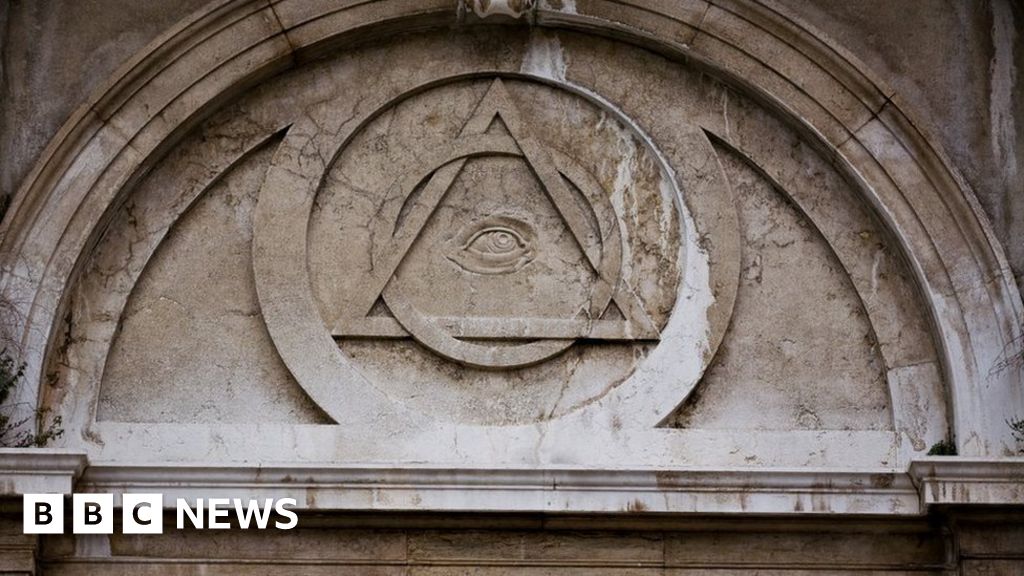Illuminati Official Website
The History and Mystique of the Illuminati Brotherhood
The Illuminati Brotherhood has long captivated imaginations, shrouded in mystery and speculation.
From its Enlightenment-era origins to its modern-day allure, the story of the Illuminati is a fascinating journey through history, philosophy, and myth.
This article explores the roots of the Illuminati, its evolution, and why its ideals continue to resonate today.
The Origins of the Illuminati
The Illuminati was officially founded on May 1, 1776, in Ingolstadt, Bavaria, by Adam Weishaupt, a professor of canon law at the University of Ingolstadt.
Dissatisfied with the influence of religious dogma and political oppression in society, Weishaupt envisioned a secret society that would promote reason, free thought, and enlightenment ideals.
Initially called the Order of the Illuminati, the group soughts to challenge superstition and abuses of power while fostering intellectual freedom and moral progress.
The Age of Enlightenment and the Freemasons’ hierarchical structure inspired Weishaupt’s vision, but he tailored it to his own agenda.
Weishaupt recruited members from intellectuals, academics, and influential figures who shared his ideals.
The Illuminati fraternities bold mission to reform societal structures gains attraction, attention—and controversy.
The Decline of the Bavarian Illuminati
Despite its noble intentions, the Illuminati faced significant opposition from religious and political authorities.
In 1784, Charles Theodore, Elector of Bavaria, outlawed all secret societies under pressure from conservative forces such as the Catholic Church.
By 1787, the Bavarian Illuminati had officially disbanded.
However, this was far from the end of its story.
The suppression of the Illuminati only fueled its continued existence. The illuminati is now a symbol of hidden power and influence.
Writers and conspiracy theorists links the fraternity it to major global events like revolutions and wars. such theories keeps the legend alive.
Modern Interpretations and Popular Culture
In contemporary times, “Illuminati” has become a catch-all term for secret societies or elite groups allegedly controlling world affairs.
While the real Illuminati brotherhood embodies the Illuminati principles—focusing on personal growth and enlightenment— others see it as a metaphor for unchecked power or global influence.
The mystique surrounding the Illuminati has also permeated popular culture. From novels like Angels & Demons by Dan Brown to music videos featuring cryptic symbols like pyramids and all-seeing eyes, references to the Illuminati are everywhere.
This cultural fascination underscores humanity’s enduring intrigue with secrecy and power.
Why People Are Drawn to Its Ideals
The enduring appeal of the Illuminati lies in its core principles: enlightenment, unity, and intellectual freedom.
In an increasingly complex world, these ideals resonate with those seeking meaning beyond conventional structures.
For some, joining or aligning with such a concept offers a sense of belonging to something greater—a pursuit of knowledge that transcends boundaries.
Conclusion
The history of the Illuminati Brotherhood is a blend of fact and fiction, philosophy and conspiracy. While its original incarnation may have been short-lived, its legacy endures as a symbol of enlightenment and intrigue.
Whether viewed as a historical curiosity or a metaphor for hidden influence, the Illuminati continues to inspire fascination worldwide.
By understanding its origins and evolution, we can better appreciate why this secret society remains one of history’s most captivating mysteries.

